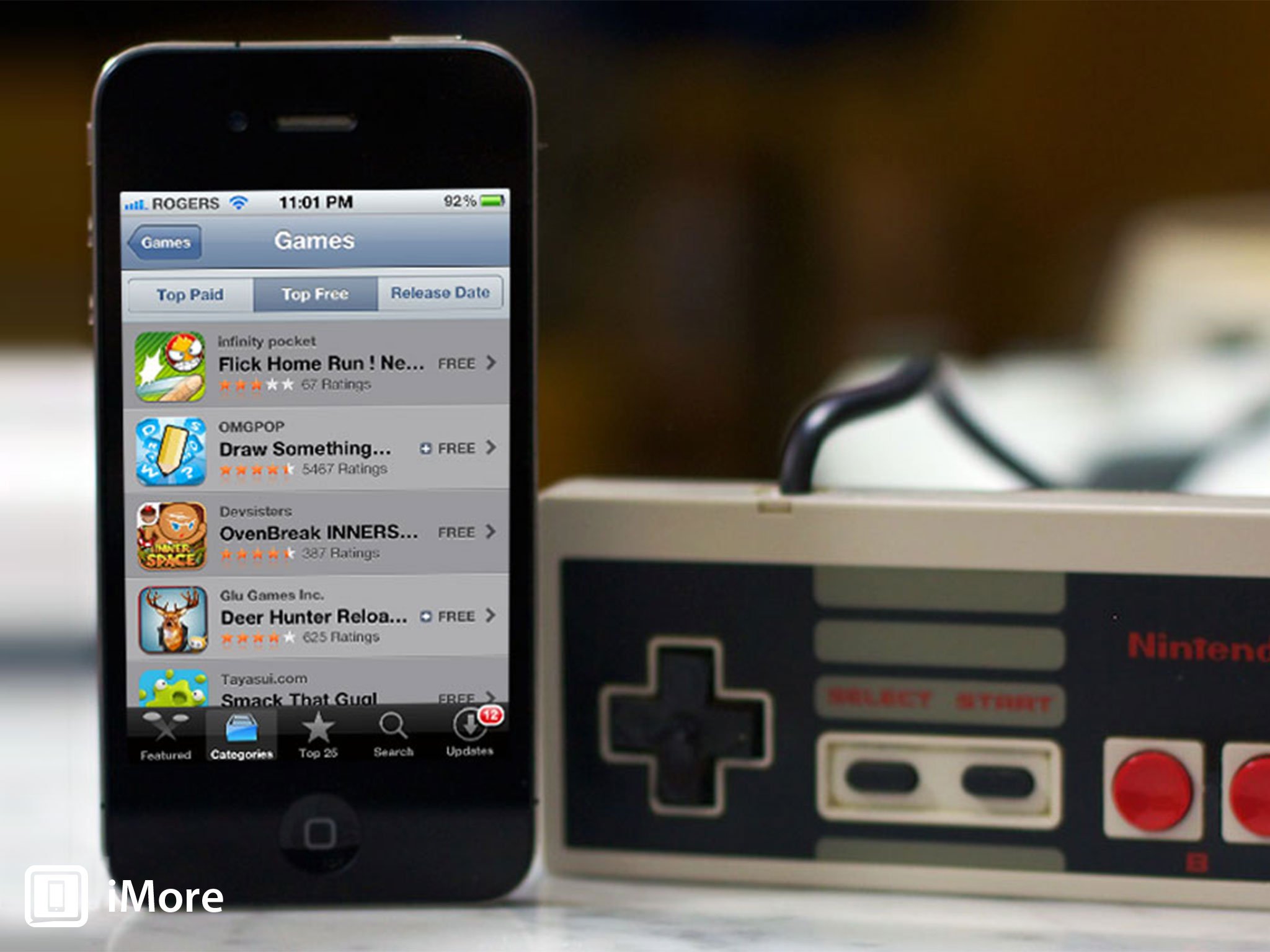Nintendo and stopping shorter on the hardware chain

iMore offers spot-on advice and guidance from our team of experts, with decades of Apple device experience to lean on. Learn more with iMore!
You are now subscribed
Your newsletter sign-up was successful
There's a lot of Nintendo talk in the Apple community at the moment - here included - likely because both are beloved brands that have created fantastic products from an integration of hardware and software. Both have also been the underdog, battled their way to industry leadership, and yet are still often looked at as beleaguered, unable to continue the streak of innovations past, and eventually, inevitably, doomed. John Siracusa wrote a typically thoughtful piece about Nintendo in crisis on Hypercritical:
But if the time of the game console is not yet at an end (handheld or otherwise), then Nintendo has a lot of work to do. It needs to get better at all of the game-related things that iOS is good at. It needs to produce software that clearly demonstrates the value of its hardware—or, if that’s not possible, then it needs to make new hardware.Any advice that leads in a different direction is a distraction. There’s no point in any plan to “save” Nintendo that fails to preserve what’s best about the company. Nintendo needs to do what Nintendo does best: create amazing combinations of hardware and software. That’s what has saved the company in the past, and it’s the only thing that will ensure its future.
Nintendo needs to prove that whatever hardware they make is better at certain key things than an iOS or Android device, an Xbox or a PlayStation, the same way Apple had to make the case the iPad was better at certain key things than the smartphone or laptop. That's not an easy case to make, and there are a couple other things that factor into their ability and need to do that.
First, Nintendo never made great hardware. I've owned most of them over the years and while they've provided transcendent gaming experiences, at no point did I ever consider the hardware anything other than a boxy, bulky, plasticky conduit-by-necessity for those amazing games. Second, Nintendo never owned the complete hardware chain when it came to consoles anyway. They were always happy enough to outsource the display part - the television - to whatever other companies filled the market at the time, including one of their rivals, Sony. (And on handheld, where they did own the display, they failed to make great displays. See the first point.)
If you're okay letting a competitor like Sony own the TV, though a tremendous leap, you can become okay with a competitor like Apple owning the intermediary device.
Nintendo is what you see and hear on the screen and what you hold and feel in your hand. The brilliant resurgence of the analog stick aside, Nintendo never even made great controllers, but paired with their games, they absolutely made great experiences.
Which is why I once again go back to Guy English's concept of Nintendo staying in the hardware business, but ending the chain at the controller rather than the set top box. That way the eyes, ears, and hands can maintain that uniquely Nintendo experience, but to an addressable market far beyond what a dedicated console would allow.
It's not iTunes on Windows. It's not Exchange on the iPhone or BBM on Android. It's not PlayStation on Android or Xbox Live on iOS. It's Nintendo doing what they do best in a world where the box, like the TV, is beyond their need to own anymore.
iMore offers spot-on advice and guidance from our team of experts, with decades of Apple device experience to lean on. Learn more with iMore!
Guy, Moisés Chiullan, and I spent some time earlier today talking about this, and a lot more, on his Screen Time podcast. I'll post a link when it goes live.

Rene Ritchie is one of the most respected Apple analysts in the business, reaching a combined audience of over 40 million readers a month. His YouTube channel, Vector, has over 90 thousand subscribers and 14 million views and his podcasts, including Debug, have been downloaded over 20 million times. He also regularly co-hosts MacBreak Weekly for the TWiT network and co-hosted CES Live! and Talk Mobile. Based in Montreal, Rene is a former director of product marketing, web developer, and graphic designer. He's authored several books and appeared on numerous television and radio segments to discuss Apple and the technology industry. When not working, he likes to cook, grapple, and spend time with his friends and family.
